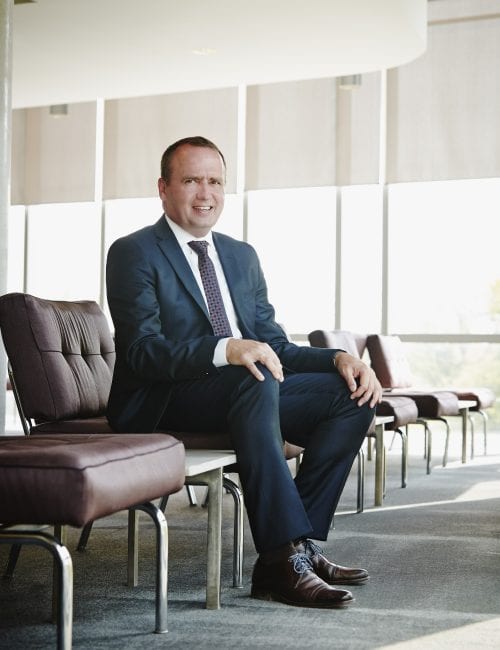Schulich’s Business History Chair wins prestigious Humboldt Research Award

For the first time a Schulich professor has been named the recipient of the prestigious Humboldt Research Award. Matthias Kipping, Richard E. Waugh Chair in Business History, earned the research award from the Alexander von Humboldt Foundation, a German organization that promotes science, cross-disciplinary research and intercultural understanding.
Kipping was nominated for the award by Jörg Sydow, Chair of Inter-firm Cooperation, and Georg Schreyögg, Chair of Organization and Leadership, who are professors with the Department of Management at Freie Universität Berlin. In a lengthy nomination submission that outlines Kipping’s many professional achievements, the German professors asked that he also be recognized for “his wide-ranging efforts to build a constructive dialogue and promote cross-fertilization among (business) historians and organization theorists/management scholars.”
“I feel very honoured to receive this Humboldt Research Award and to be able to infuse an historical consciousness into other management disciplines,” said Kipping. “Schulich is one of the few business schools in North America – Harvard is another – that has a business historian on their faculty.”
Kipping credits Schulich Dean Dezsö J. Horváth with having the vision in 2003 to create one of the world’s first endowed business history chairs at a graduate management school.
Kipping is the author of numerous books on the role of business and management, including Defining Management: Business Schools, Consultants, Media, 2016, co-authored with Lars Engwall and Behlül Üsdiken, and the forthcoming History in Management Research: Context, Content, Conduct, co-authored with Üsdiken. Kipping is also co-editor, with Horváth, and Dominic Barton of McKinsey & Company, of Re-Imagining Capitalism, a book of essays published by Oxford University Press.
The Alexander von Humboldt Foundation maintains a network of more than 28,000 Humboldtians from all disciplines in more than 140 countries worldwide – including 55 Nobel Prize winners.